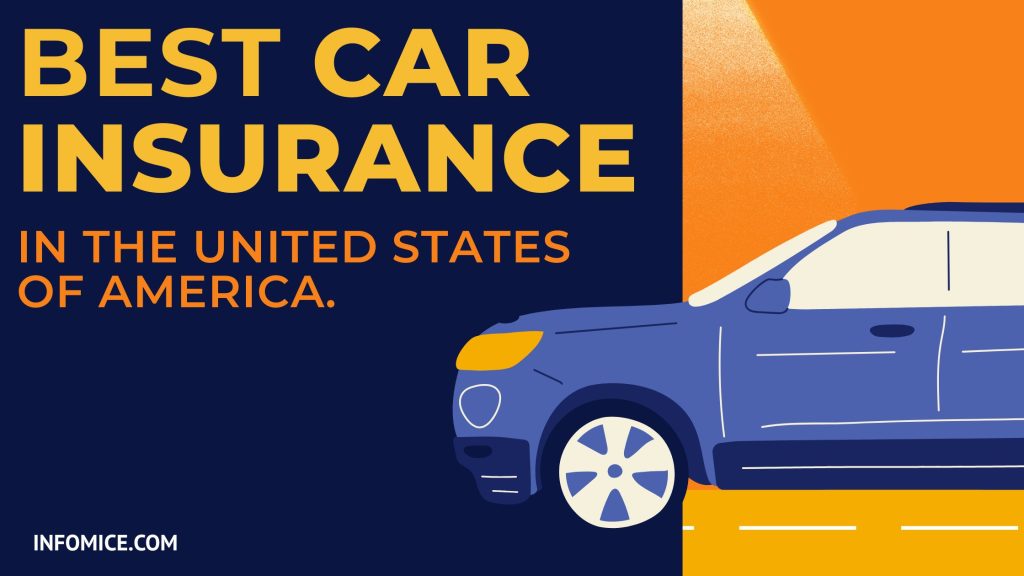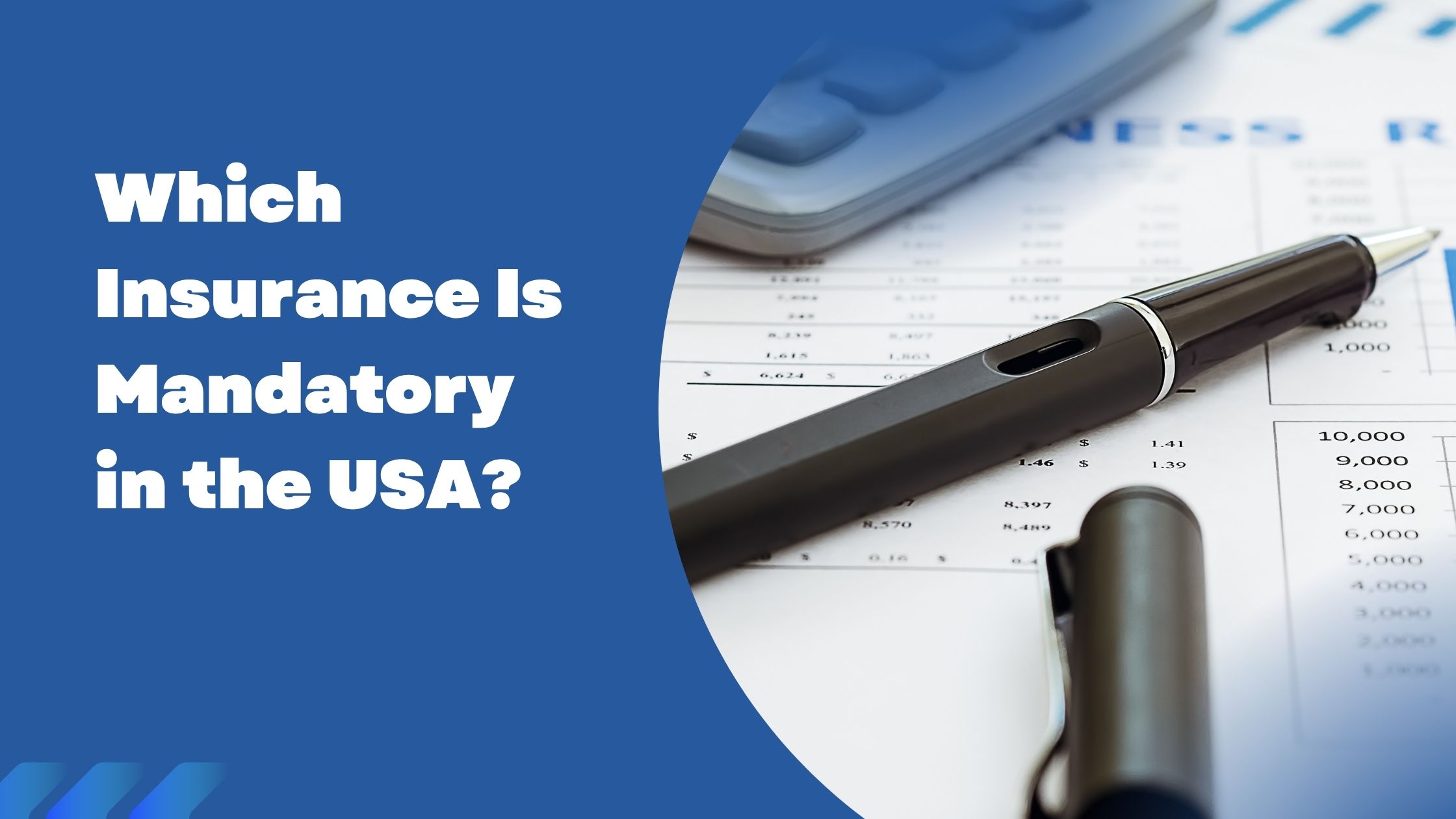
Introduction
Car insurance is often viewed as a necessity for those who frequently hit the road. But what about those who rarely drive? Is car insurance still essential? This article explores the reasons why even infrequent drivers should consider maintaining car insurance and the options available to them.
Understanding Car Insurance
What is Car Insurance?
Car insurance is a policy that protects you financially in case of an accident, theft, or other damages involving your vehicle. The insurance company covers your losses based on the terms of your policy, in exchange for a premium.
Types of Car Insurance
- Liability Insurance: Covers damages you cause to others.
- Collision Insurance: Pays for damages to your car from collisions.
- Comprehensive Insurance: Covers non-collision-related damages like theft or natural disasters.
- Uninsured/Underinsured Motorist Coverage: Protects you if you’re hit by an uninsured or underinsured driver.
The Legal Aspect
Legal Requirements for Car Insurance
Most states require a minimum level of liability insurance to ensure that you can cover the costs of damages or injuries if you’re at fault in an accident.
Consequences of Driving Without Insurance
Driving without insurance can lead to fines, license suspension, and legal trouble. If you cause an accident without insurance, you might have to pay out of pocket for any damages or medical expenses.
Assessing Your Driving Habits
How Often Do You Drive?
Consider your driving frequency. Are you driving daily, weekly, or just occasionally? Understanding your driving habits is crucial in determining the appropriate insurance coverage.
Short Trips vs. Long Trips
The nature of your trips can also influence your insurance needs. Short, local trips may carry different risks compared to long-distance travel.
Insurance Options for Infrequent Drivers
Pay-As-You-Drive (Usage-Based Insurance)
Usage-based insurance charges you based on the number of miles you drive, making it a cost-effective option for infrequent drivers.
Temporary Car Insurance
Temporary or short-term car insurance provides coverage for a limited period, perfect for those who need insurance occasionally without committing to a long-term policy.
Low Mileage Discounts
Some insurance companies offer discounts for drivers who put fewer miles on their cars, which can significantly reduce your premium if you drive below a certain mileage threshold.
Benefits of Having Insurance
Financial Protection
Insurance protects you financially in case of an accident, theft, or other unexpected events, even if you don’t drive often.
Peace of Mind
Knowing you’re covered can provide peace of mind, eliminating worries about the financial repercussions of an accident or damage to your car.
Legal Protection
Maintaining insurance ensures compliance with state laws, avoiding potential legal issues and penalties.
Costs vs. Benefits
Cost Analysis of Car Insurance for Infrequent Drivers
Compare the cost of maintaining insurance with the potential out-of-pocket expenses you might face in an accident. Often, the benefits of having insurance outweigh the costs.
Potential Savings from Alternative Insurance Options
Exploring options like pay-as-you-drive or low-mileage discounts can lead to significant savings while still providing necessary coverage.
Alternatives to Traditional Car Insurance
Non-Owner Car Insurance
This type of insurance covers you when you’re driving a car you don’t own. It’s ideal for those who occasionally borrow or rent cars.
Personal Injury Protection (PIP)
PIP covers medical expenses for you and your passengers, regardless of who is at fault in an accident. It’s a valuable addition, especially for infrequent drivers seeking comprehensive coverage.
Roadside Assistance Plans
While not a replacement for car insurance, a roadside assistance plan can help with flat tires, dead batteries, and other minor emergencies, adding a layer of protection for infrequent drivers.
Insurance for Special Situations
Classic and Collector Cars
If you own a classic or collector car that you drive infrequently, specialized insurance can provide coverage tailored to the unique needs of these vehicles.
Seasonal Use Vehicles
For cars driven only during certain seasons, there are policies allowing you to suspend coverage in the off-season, reducing costs while still providing protection when the car is in use.
Car Storage Insurance
If your car spends most of its time in storage, car storage insurance can cover it against theft, vandalism, and other non-driving-related risks.
Impact of No Insurance on Other Aspects
Impact on Credit Score
While not directly related, failing to maintain car insurance can indirectly affect your credit score if it leads to financial troubles or unpaid fines.
Impact on Future Insurance Rates
A lapse in coverage can result in higher premiums when you decide to get insurance again. Continuous coverage, even if minimal, helps in maintaining lower rates.

Myths About Car Insurance
Common Misconceptions
There are many myths about car insurance, such as the belief that red cars cost more to insure. Understanding the realities of car insurance can help you make more informed decisions.
Debunking Myths
By dispelling myths and misconceptions, you can avoid unnecessary costs and ensure you have the right coverage for your needs.
Real-Life Scenarios
Case Study 1: The Weekend Driver
Jane only drives on weekends and opts for pay-as-you-drive insurance, saving money while ensuring she’s covered when needed.
Case Study 2: The Urban Commuter
John uses public transportation for his daily commute but drives occasionally. He chooses non-owner car insurance for peace of mind when borrowing a friend’s car.
Case Study 3: The Seasonal Driver
Alice drives her convertible only during the summer. She selects seasonal use insurance, allowing her to suspend coverage in the winter, saving on premiums.
How to Choose the Right Insurance
Factors to Consider
Consider your driving habits, the type of car you drive, and your budget when selecting an insurance policy.
Comparing Insurance Quotes
Shop around and compare quotes from multiple insurers to find the best coverage at the most affordable price.
Tips for Reducing Insurance Costs

Defensive Driving Courses
Completing a defensive driving course can often lower your insurance premiums.
Bundling Policies
Consider bundling your car insurance with other policies, like home or renter’s insurance, to receive discounts.
Increasing Deductibles
Opting for a higher deductible can reduce your premium, though it means paying more out-of-pocket in case of a claim.
Conclusion
Even if you don’t drive often, car insurance is still a wise investment. By understanding your options and choosing the right type of coverage, you can protect yourself financially and legally without breaking the bank. Whether you opt for traditional insurance, pay-as-you-drive, or another alternative, the peace of mind that comes with being covered is invaluable.



